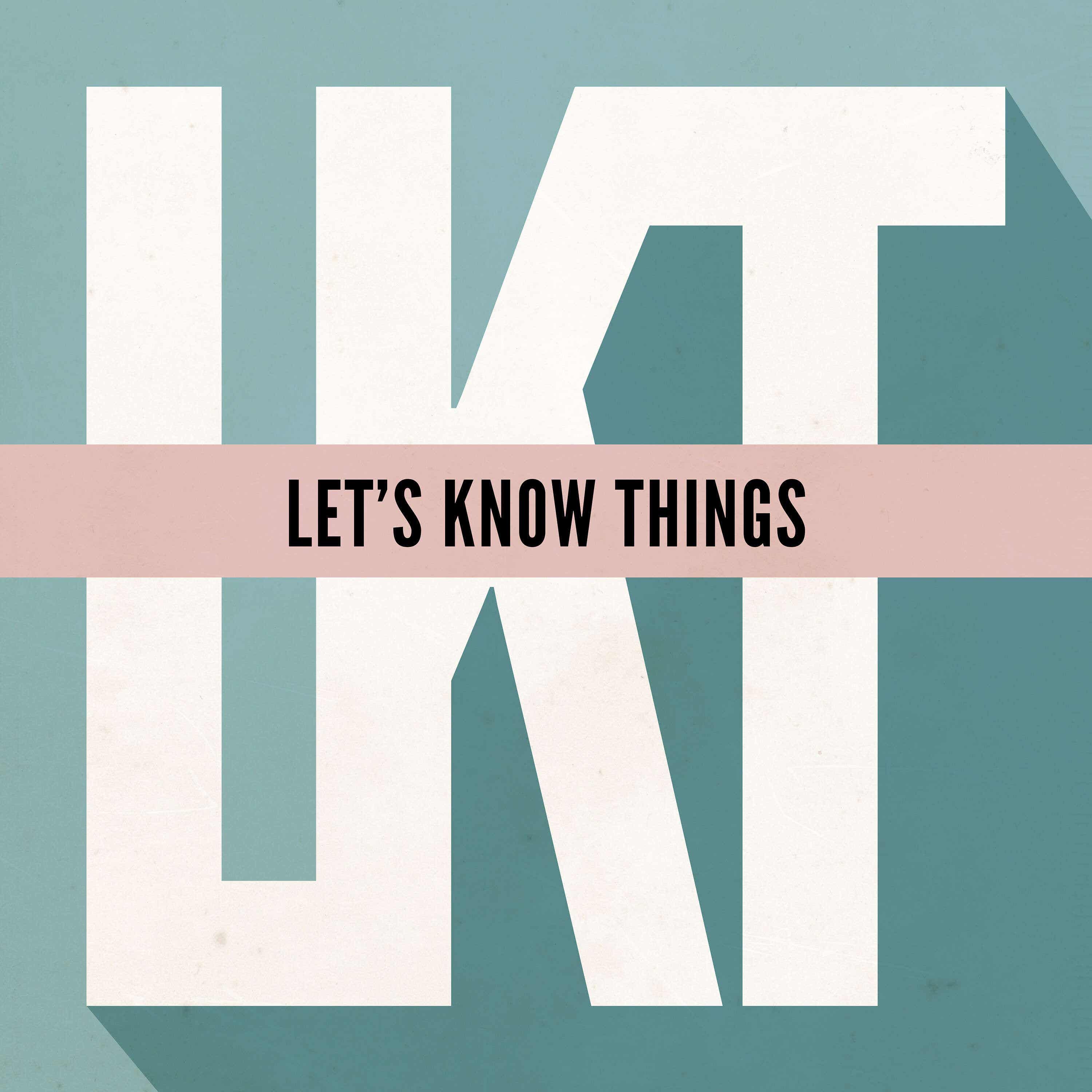2024 Elections
Description
This week we talk about Indonesia, South Africa, and geopolitical risks.
We also discuss the South China Sea, the US Presidential election, and Potemkin democracy.
Recommended Book: The Heat Will Kill You First by Jeff Goodell
Transcript
By many metrics, 2023 was a tumultuous year.
In the latter-quarter, in early October, the paramilitary group Hamas launched a sneak-attack on Israel which kicked off a new round of turmoil directly, on the ground, in the Gaza Strip, where Israel launched a hastily organized counterattack, and that's led to a fresh humanitarian crisis in the Strip, as resident Palestinians have been killed in the tens of thousands, as the Israeli military has sought out and tried to get revenge against Hamas fighters and leaders, but it's also upended the region as Egypt has tried to position itself as peacemaker, while also trying to stave-off the possibility of hundreds of thousands of Gazans being pushed across the border into the Sinai Peninsula, and further north Hezbola militants have engaged in an, at this point anyway, relatively low-key shootout with Israel across the Lebanese border, increasing the perceptual likelihood, at least, of a conflict that increases in scope, encapsulating more of Iran's allies and subsidiary groups, and possible even Iran itself.
That component of the conflict has also started to impact global trade as the Red Sea—a channel connecting Asia with Europe through the Suez Canal—has been plagued by gunman and drone and missile attacks by Houthi groups in Yemen, which are also supported by Iran and ostensibly launching these attacks in solidarity with those under-siege Palestinians in Gaza.
Further north, across the Mediterranean and Black Seas, the conflict between Ukraine and Russia, which kicked-off in earnest when the latter invaded the former in late-February of 2022, continues apace, though the frontlines in the conflict have remained fairly static for the better part of a year, and the two sides have doubled-down on launching missiles and drones at each other, reorienting toward asymmetric attacks on stockpiles and supply chains, alongside attacks on civilian centers meant to psychologically damage the other side, rather than fixating entirely on ground assaults meant to formally claim or reclaim territory.
This conflict continues to shape global alliances and eat up gobs of monetary and military resources, as Russia imports weapons and supplies from allies like Iran and China, and Ukraine receives funding from mostly Western nations, though that support could diminish or even largely dry up, soon, depending on the political meanderings of its allies in those countries in the coming months.
The drumbeat toward potential conflict in the South China Sea also continues to increase in tempo as the Chinese military upgrades and reorganizes its infrastructure and leadership, and forced accidents between ships in the area—especially but not exclusively between Chinese and Filipino assets—have become more common as both sides have decided to draw a line in the sand, China wanting to maintain a sense of invincibility and inevitability for its expansionary efforts, and the Philippines becoming more confident in its regional alliances, which are solidifying around efforts to prevent growth and influence-expansion on the part of China's military—including its stated intention to bring Taiwan under its control, by force if necessary, sometime in the next handful of years.
There's also heightened concern about conflicts and potential conflicts in the Sahel region in northwestern Africa.
A series of recent military coups against elected governments have lent this strip of land the nickname "the coup belt," and a handful of military dictatorships that have emerged from these coups have gestured at creating a sort of rough alliance meant to deter opposition from local democracies—many of which are themselves wary of coups within their own borders, and suffering from many of
More Episodes
This week we talk about neural networks, AGI, and scaling laws.
We also discuss training data, user acquisition, and energy consumption.
Recommended Book: Through the Grapevine by Taylor N. Carlson
Transcript
Depending on whose numbers you use, and which industries and types of investment those...
Published 11/19/24
Published 11/19/24
This week we talk about the Double Reduction Policy, gaokao, and Chegg.
We also discuss GPTs, cheating, and disruption.
Recommended Book: Autocracy, Inc by Anne Applebaum
Transcript
In July of 2021, the Chinese government implemented a new education rule called the Double Reduction Policy.
This...
Published 11/12/24


